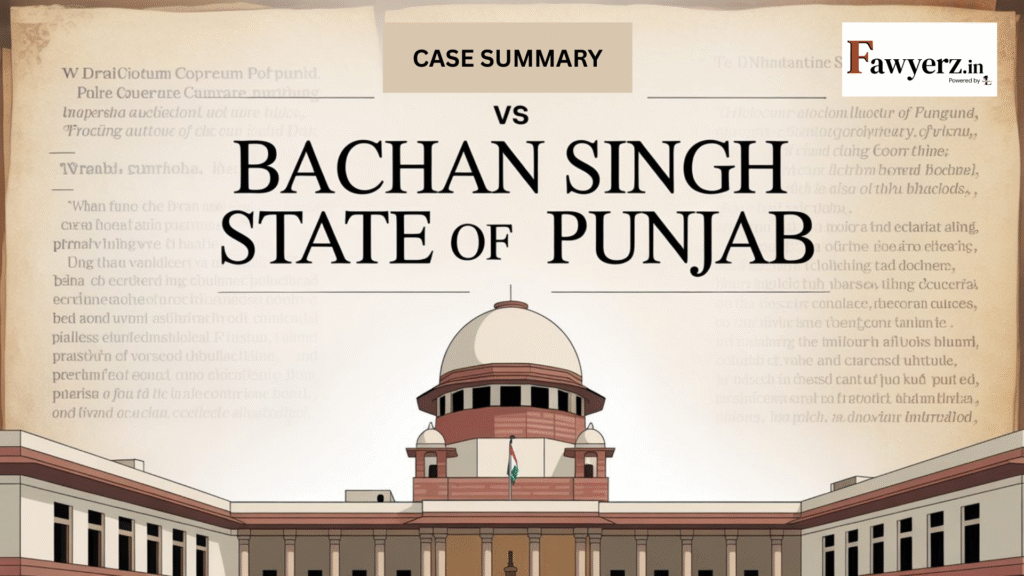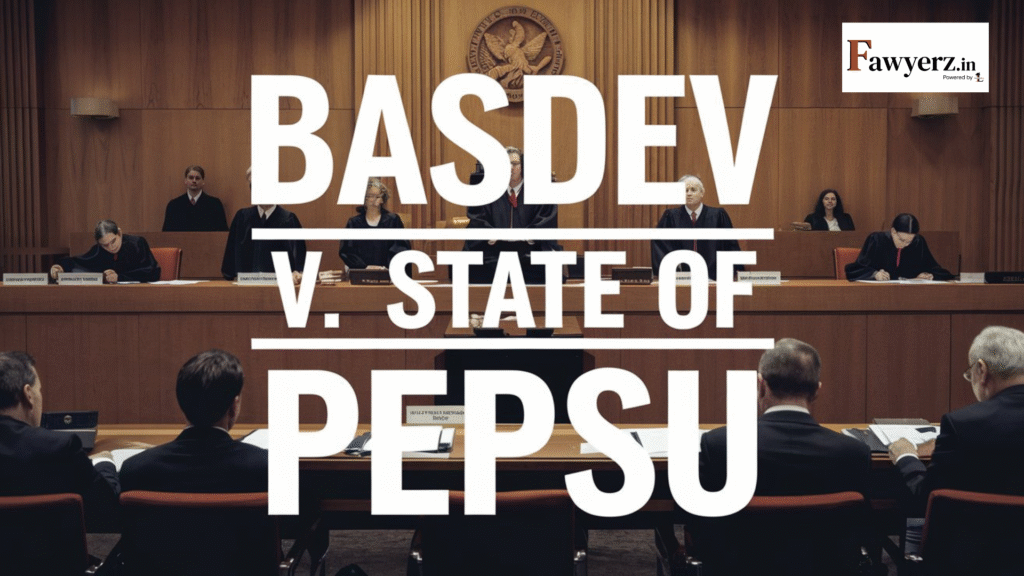Dudley v. Stephens 1884 (Case Summary)

Arising from a harrowing incident of survival at sea, this English case involved sailors who killed and ate a young cabin boy following a shipwreck. The court was faced with the difficult task of determining whether extreme necessity could ever justify the intentional killing of an innocent person under criminal law.
Table of Contents
ToggleFacts of Dudley v. Stephens
- In May 1884, four men, Dudley, Stephens, Brooks and Richard Parker were stranded at sea in a lifeboat after their yacht, Mignonette, sank during a voyage from England to Australia.
- With only two tins of turnips and no water, they survived by rationing until Parker, the youngest and weakest, fell ill and lay unconscious.
- After several days without food or rescue, Dudley and Stephens decided to kill Parker to save themselves and Brooks.
- They killed Parker and all three survivors fed on his body.
- Four days later, they were rescued and Dudley and Stephens were charged with murder.
Issues framed
Whether the defense of necessity can be invoked to justify the intentional killing of an innocent person for survival?
Subordinate Court Judgment
The jury delivered a special verdict confirming the facts but leaving the legal question of murder and the applicability of the defense of necessity to the court. The case was referred to the Queen’s Bench Division for determination.
Judgment of Dudley v. Stephens
The Court examined common law principles concerning criminal liability and the scope of the defense of necessity. The central legal question was whether necessity could ever justify homicide.
The Court held that the defense of necessity does not extend to intentional killing, even under desperate conditions. The judges acknowledged the moral dilemma but emphasized that allowing necessity as a defense to murder would create a dangerous precedent where individuals could decide whose life should be taken to preserve their own. The law must uphold the sanctity of life and cannot condone private decisions that place some lives above others.
The Court found both Dudley and Stephens guilty of murder. However, in light of the extraordinary circumstances and public sympathy, their death sentences were commuted to six months’ imprisonment. The ruling firmly established that necessity is not a valid defense for murder, thereby reinforcing the legal protection of life even in extreme situations.





